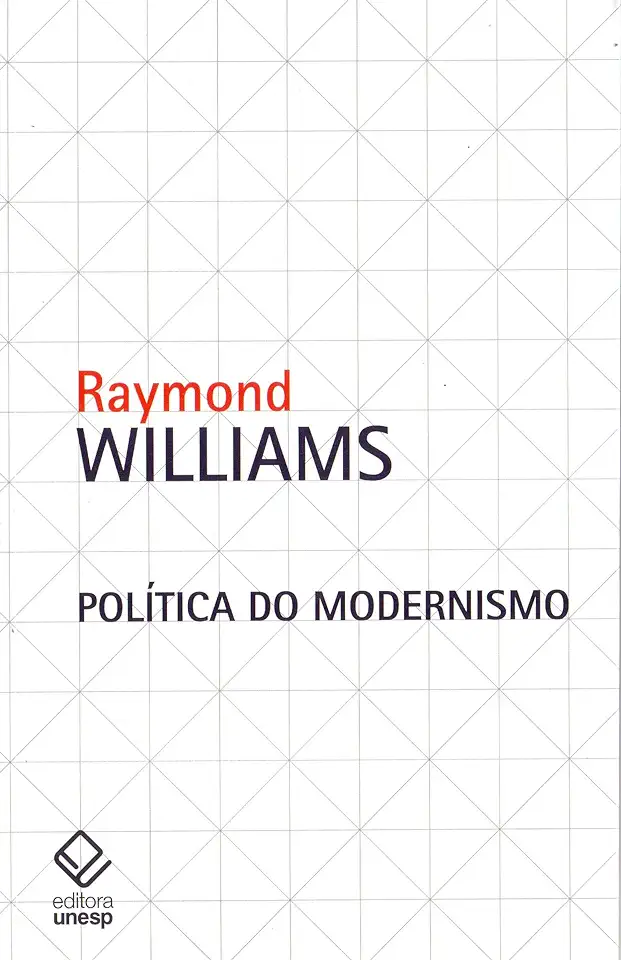
Politics of Modernism - Raymond Williams
Politics of Modernism: A Landmark Study of the Relationship Between Literature and Society
Introduction
In his seminal work, "Politics of Modernism," Raymond Williams offers a groundbreaking analysis of the relationship between literature and society. Williams argues that modernism, as a literary movement, is not simply a collection of aesthetic innovations, but rather a complex cultural phenomenon that reflects and shapes the social and political realities of the early 20th century.
Modernism and the Social Context
Williams begins by situating modernism within the broader context of social and economic change. He argues that the rise of industrialization, urbanization, and mass media in the late 19th and early 20th centuries created a sense of fragmentation and alienation that profoundly impacted the way people experienced the world. This, in turn, led to new forms of artistic expression that sought to capture the complexity and contradictions of modern life.
Modernist Techniques and Aesthetics
Williams then examines the formal and stylistic characteristics of modernist literature. He discusses the use of fragmentation, allusion, and stream-of-consciousness narration, as well as the rejection of traditional narrative structures and the exploration of new modes of representation. Williams argues that these techniques are not merely aesthetic experiments, but rather deliberate strategies for conveying the disorienting and fragmented nature of modern experience.
Modernism and Ideology
One of the central themes of "Politics of Modernism" is the relationship between literature and ideology. Williams argues that modernist literature is not simply a reflection of social and political conditions, but also an active force in shaping those conditions. He examines how modernist writers engage with and challenge dominant ideologies, and how their works can contribute to social and political change.
Modernism and the Avant-Garde
Williams also explores the relationship between modernism and the avant-garde. He argues that the avant-garde is not simply a radical fringe of modernism, but rather an integral part of the movement. The avant-garde, with its emphasis on experimentation and provocation, pushes the boundaries of artistic expression and challenges conventional notions of art and literature.
Conclusion
In conclusion, "Politics of Modernism" is a magisterial work that offers a deep and nuanced understanding of the relationship between literature and society. Williams' analysis of modernist literature is both insightful and provocative, and his work continues to be essential reading for anyone interested in the cultural and intellectual history of the 20th century.
Why You Should Read "Politics of Modernism"
If you are interested in literature, culture, or history, then "Politics of Modernism" is a must-read. Williams' work is not only intellectually stimulating, but also highly accessible, making it a valuable resource for both scholars and general readers alike. Whether you are a student, a teacher, or simply someone who loves to read, "Politics of Modernism" is a book that will enrich your understanding of the world we live in.
Where to Buy "Politics of Modernism"
"Politics of Modernism" is available in print and digital formats from a variety of retailers, including Amazon, Barnes & Noble, and Books-a-Million. You can also find used copies of the book at many libraries and bookstores.